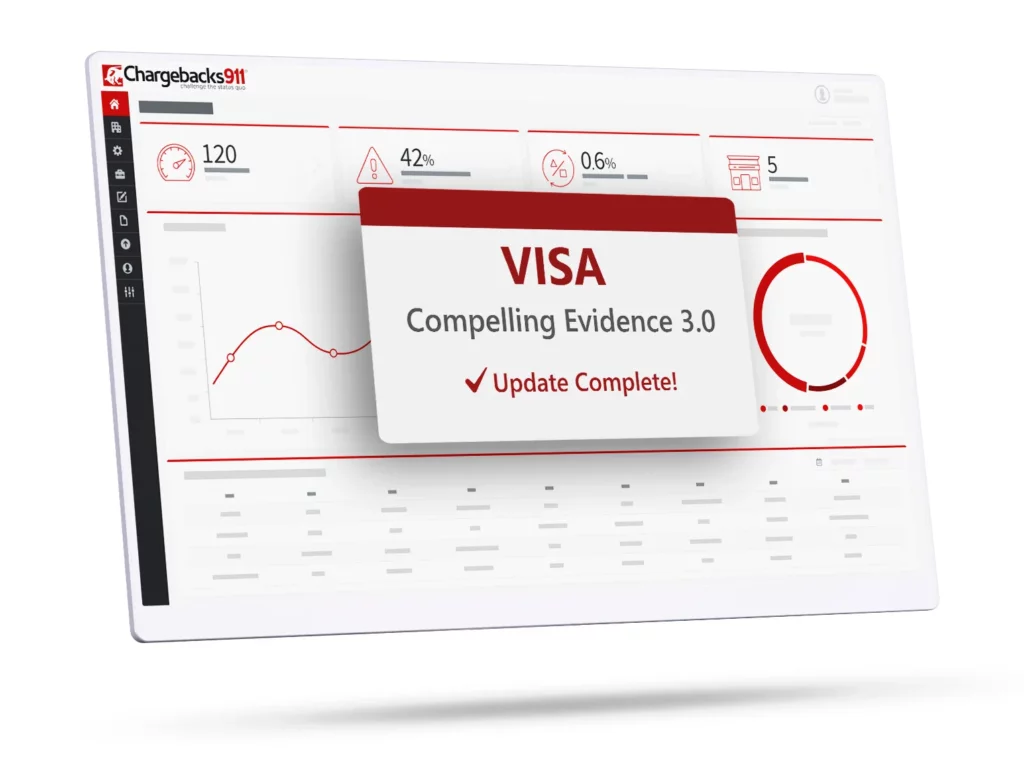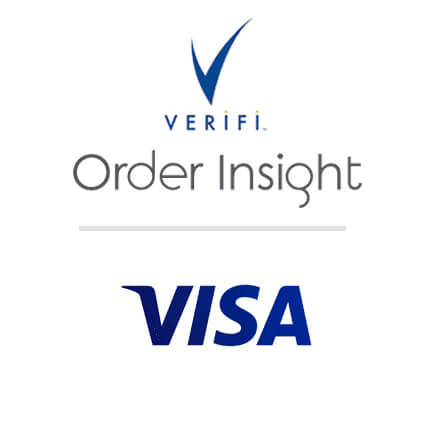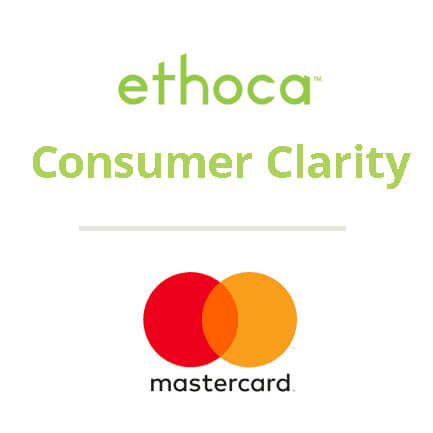Examining AI’s Historic Role in Fighting ‘Friendly Fraud’
In a recent post, Chargebacks911® CEO Monica Eaton discussed the fact that scammers are increasingly turning to AI to help carry out more sophisticated, hard-to-detect attacks against cardholders and businesses.
However, we should also think about AI from another angle. While scammers may have AI as tool in their arsenal, artificial intelligence technologies can be used by merchants and financial institutions to push back against fraud, too.
Recommended reading
- The Top 30 Chargeback Risk Factors to Eliminate in 2025
- Prevent Chargebacks With Consumer Clarity
- What are Chargeback Alerts? The Merchant's Guide for 2025
- Can You Make a “No Chargeback Agreement” With Buyers?
- What is a Business Continuity Plan? Tips, Guides & Examples
- Can a Chargeback Blacklist Prevent Post-Transaction Fraud?
The Problem
Global losses resulting from payment fraud surged to $48 billion USD in 2023. In response, payment companies around the world are under more pressure to leverage new and existing technology to tackle this problem. I’m confident that AI is going to be one of the key drivers to combat these emerging threats and prevent disputed transactions.
When a customer disputes a debit or credit card transaction, the card issuer has to determine whether to provide that cardholder with a refund for the transaction amount. This is what’s known as a chargeback, and it’s a federally mandated right.
Chargebacks were designed as a safety net to help consumers in cases of fraud or unfair merchant practices. However, while the protection is a necessary protection mechanism for consumers, the fragmented system is having a devastating effect on businesses by cardholders through a process known as friendly fraud.
Friendly fraud occurs when a cardholder wrongfully disputes a purchase with their issuing bank—either in an attempt to defraud a merchant or because of a misunderstanding. This can cause irreparable financial and reputational damage to retailers, costing them nearly four and a half times the amount of the reversed transaction, according to LexisNexis.
I think everyone agrees with the principle behind the chargeback mechanism. It’s essential that, as an industry, we protect consumers. But, as consumers increasingly champion convenience, banks are more relied upon to resolve disputes through chargebacks, which are growing at an alarming rate and devastating merchants. Chargebacks are not only capable of damaging a business financially, but they can damage your relationship with customers and payment processors—an impact that permeates the entire business, resulting in higher processing fees and jeopardizing the future of a company.
Existing Tools: Good, but Insufficient to the Challenge
Friendly fraud is a multifaceted problem. It takes many forms, and providing the right evidence to dispel each instance can be tedious and labor-intensive without automated processes.
For example, let’s say a customer claims that a product they purchased was never delivered. The merchant in question will have to gather and submit transaction data like proof-of-delivery photos or recipient signatures from the delivery company, or authentication measures from their own systems or the card network.
Visa estimates that up to 75% of all chargebacks are likely cases of fraud. This showcases why more must be done to sort the legitimate claims from those that constitute friendly fraud.
In the past, chargeback abuse has been difficult to detect because there has been minimal transaction data readily available to merchants who are trying to counter illegitimate chargebacks. Traditional chargeback management processes require employees to manually sift through vast amounts of data, which costs businesses time and money while also increasing the risk or human error.
The major card schemes have responded with various tools to help merchants reduce the number of chargebacks without harming consumers’ rights. For example, VISA’s Order Insight works to prevent chargebacks before they are issued, giving merchants the option to offer a customer a refund rather than going through the chargeback dispute process. In the backend, the Compelling Evidence system can establish guidelines intended to streamline the evidence requirements for disputes.

Other card schemes like deploy similar technology, such as Mastercard’s Consumer Clarity and Mastercom Collaboration. These are real-time data sharing platforms similar to Order Insight, and a dispute resolution platform with data sharing capabilities, respectively.
AI-Enabled Tools From Chargebacks911®
What has been lacking in these solutions was a way of bringing all the information together alongside a merchant’s own data to create a complete picture of every chargeback claim. By doing this quickly and clearly, it could allow the merchant to properly represent themselves and prevent a greater percentage of first-party fraud and misuse.
I believe that AI will provide the key to unlock this solution. And, that is exactly what our technology was built for.
At Chargebacks911, our AI capabilities have long been our “secret weapon.” Since we first rolled out our platform to banks and businesses, the predictive power and efficiency of machine learning has enabled our customers to significantly reduce the the legwork around analyzing, compiling, segmenting and submitting transaction date. This can drastically reduce incidences of illegitimate chargebacks for merchants, safeguarding their revenue and customer relationships.
We compile key transaction data from various sources — card networks, cardholder’s banks, merchants’ own systems — and present it through a simple, intuitive, and learning-based dashboard. This dashboard leverages AI to learn the true sources of chargebacks and suggest optimizations for businesses to integrate that can shore up any lapses in procedure or policy. It can continuously be updated, and will evolve in step with first-party fraud tactics.
It’s true — scammers can leverage AI tools to enable their activities. But, there is even greater potential at hand for AI to aid in the fight against these attacks.
















